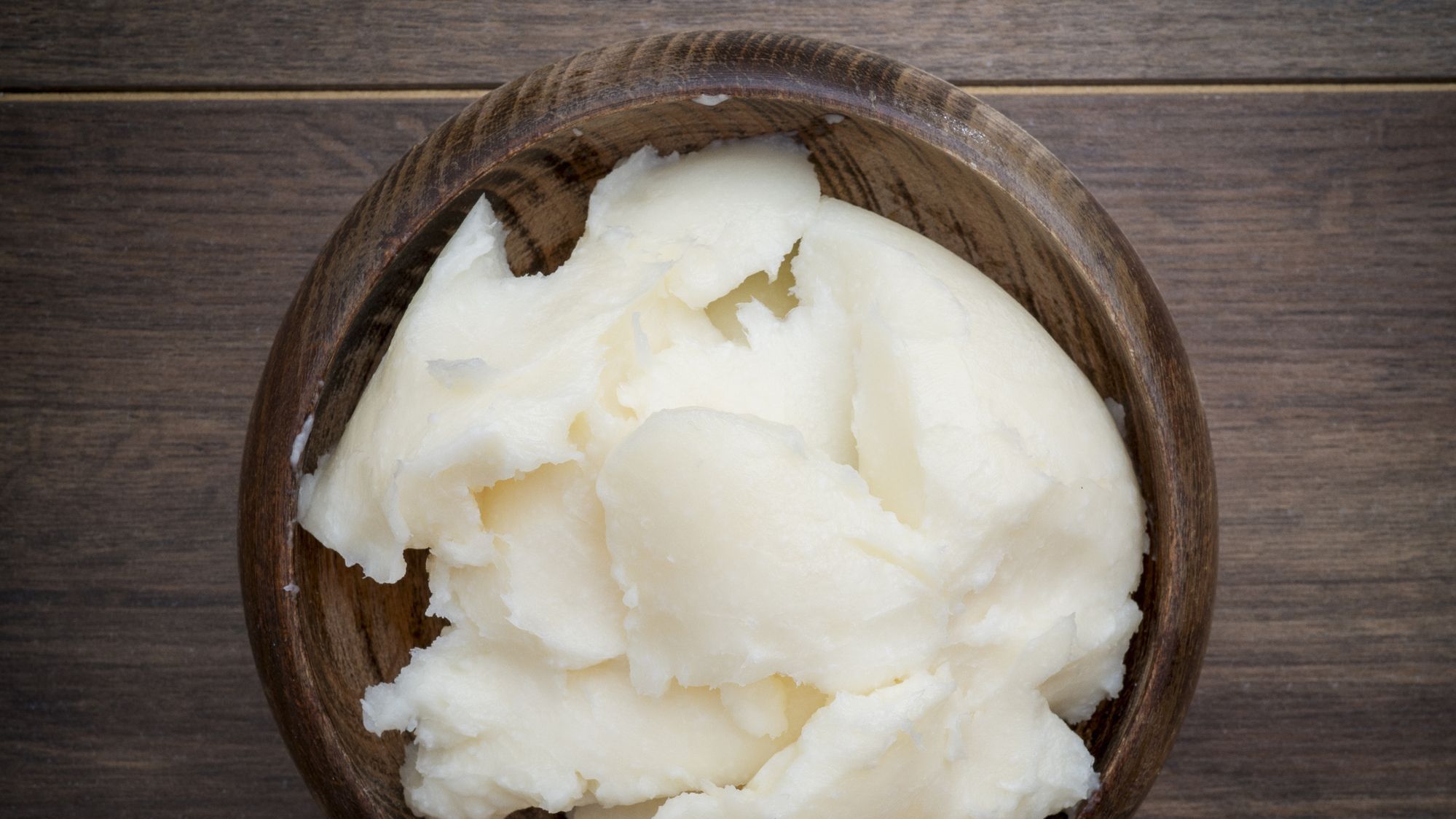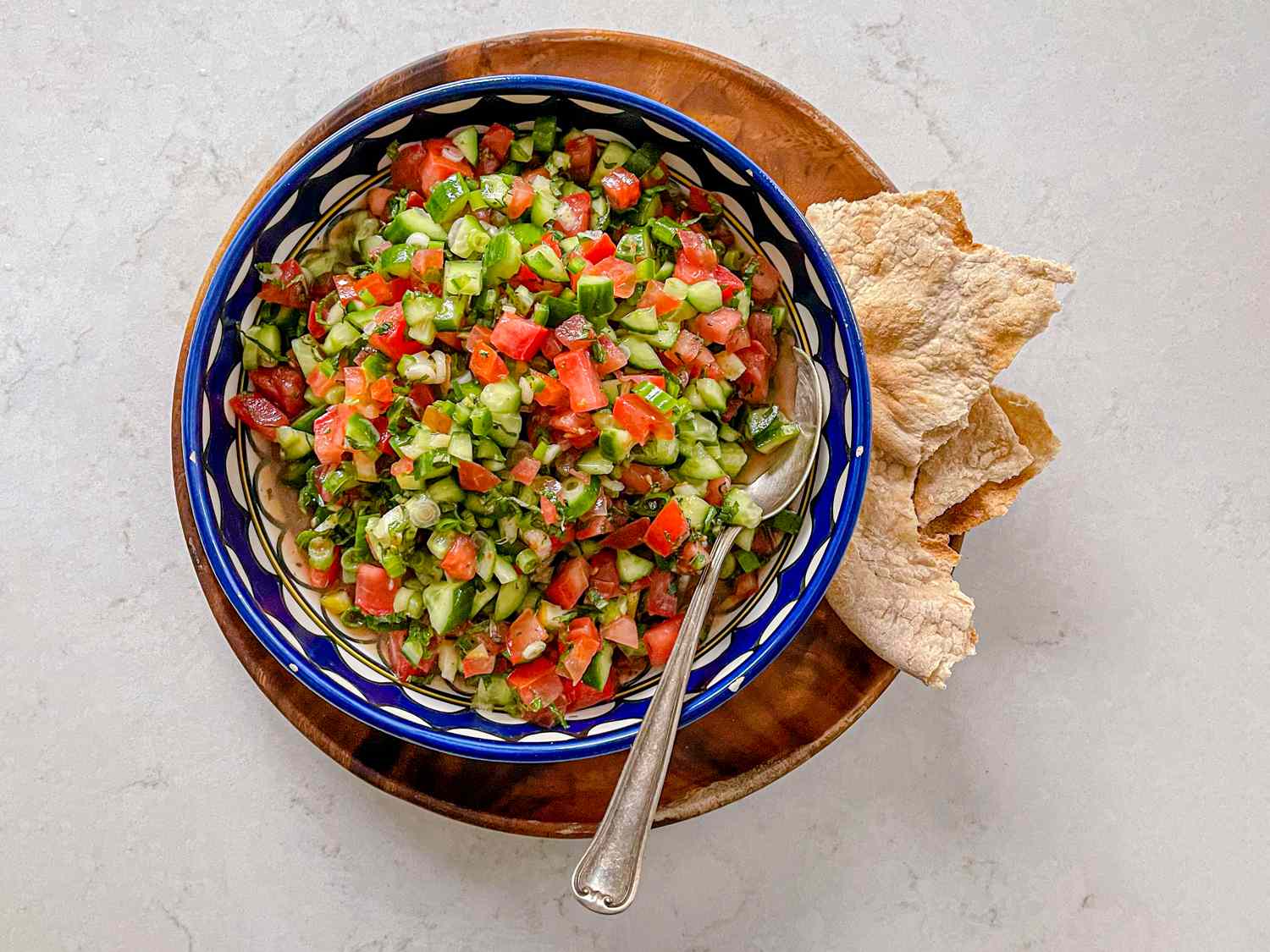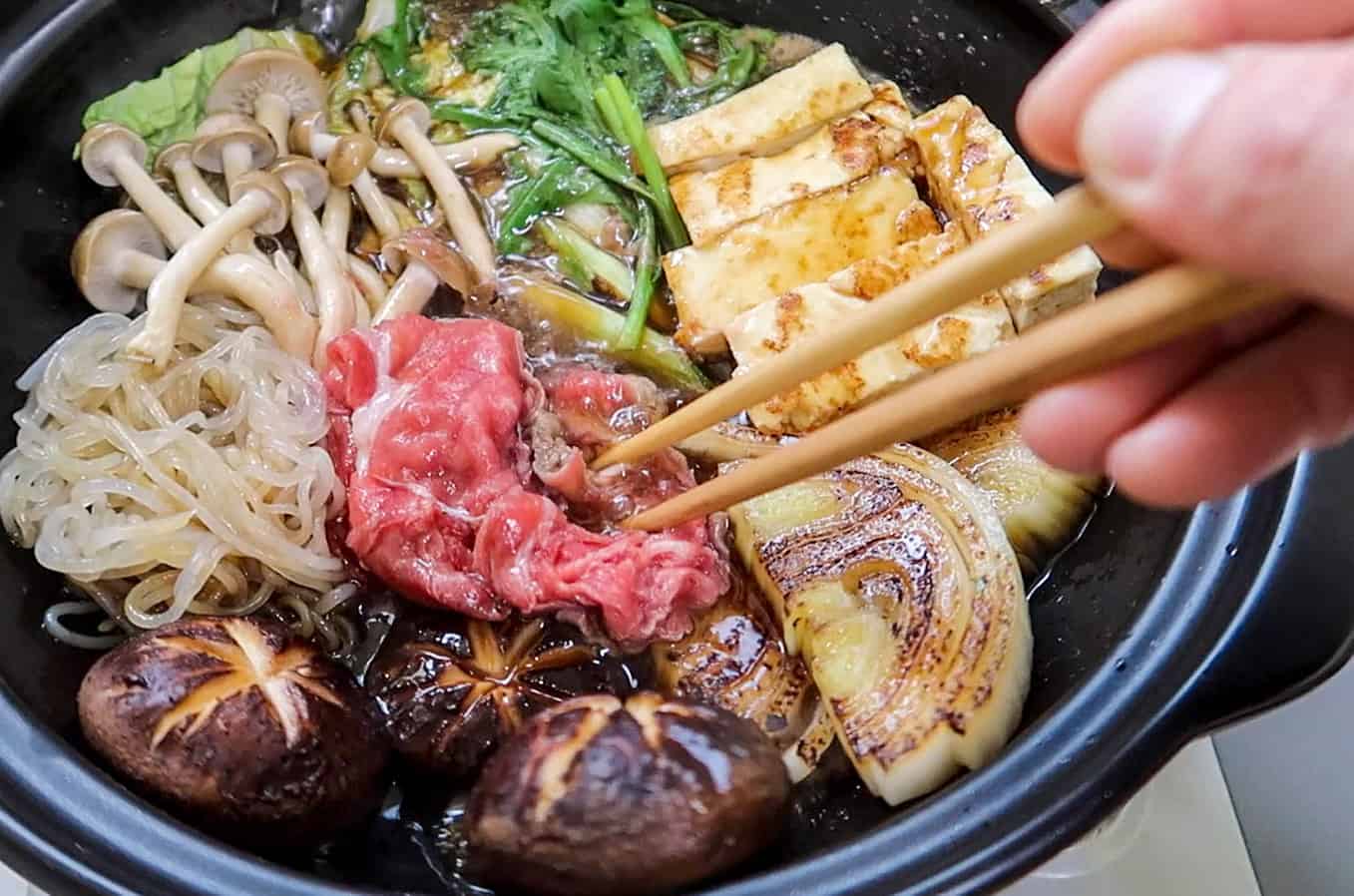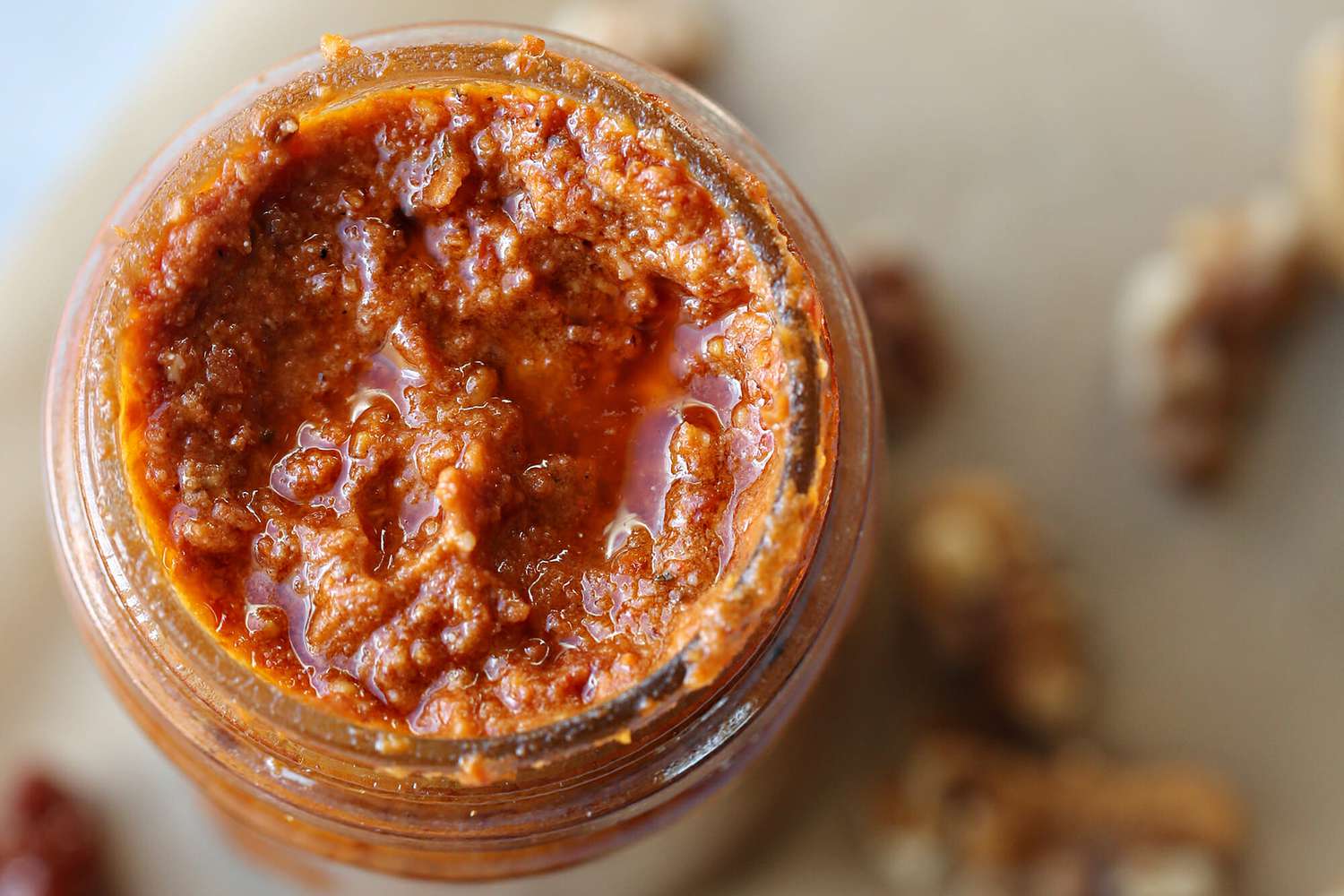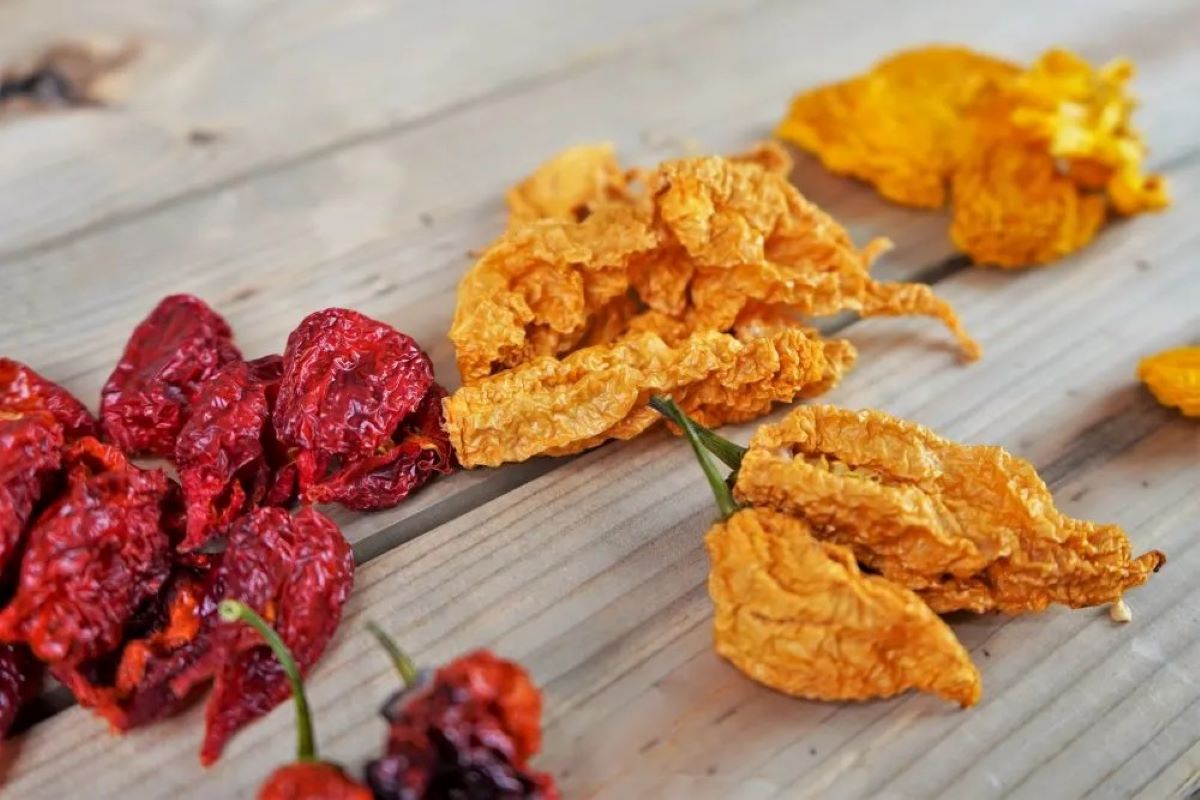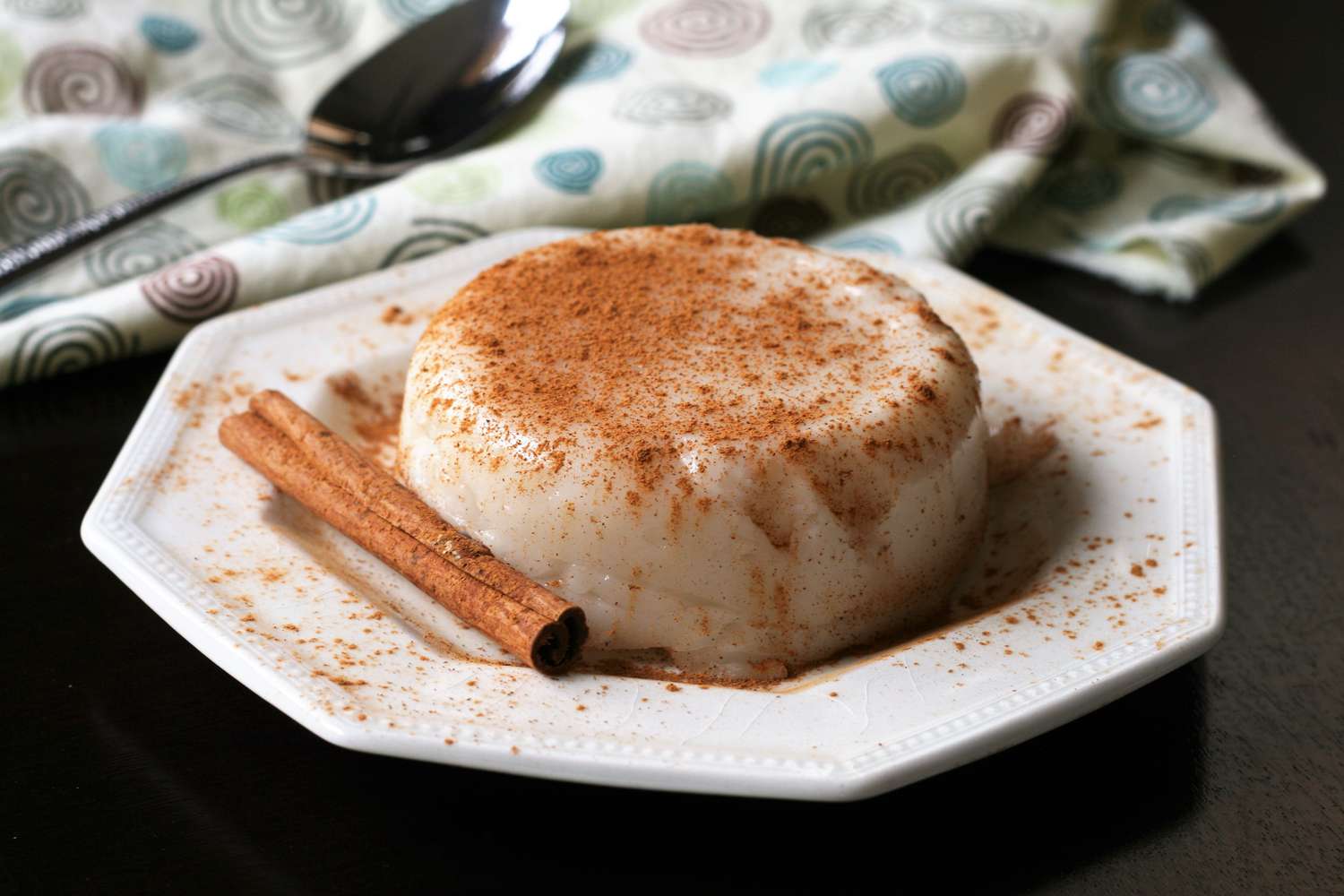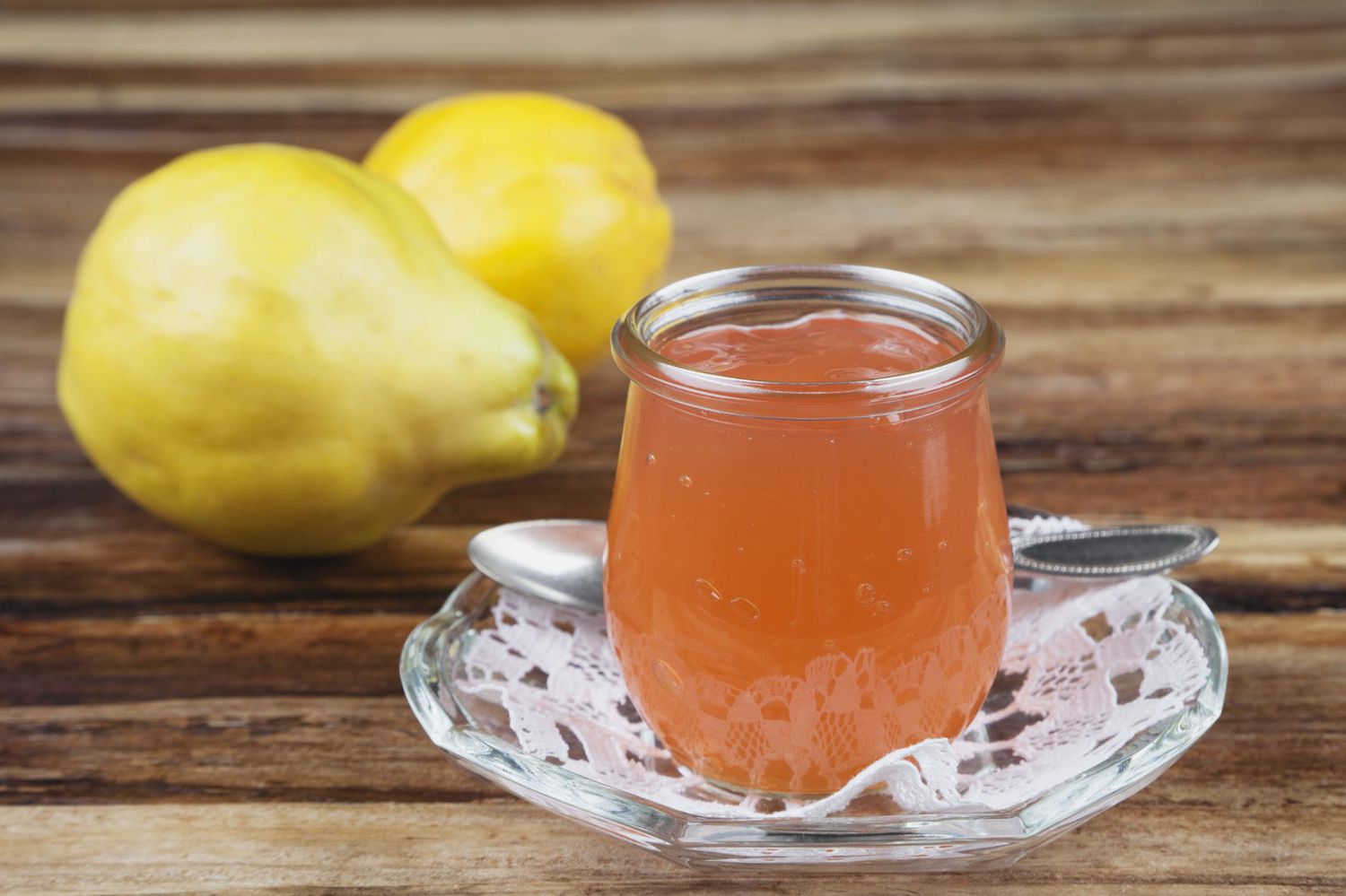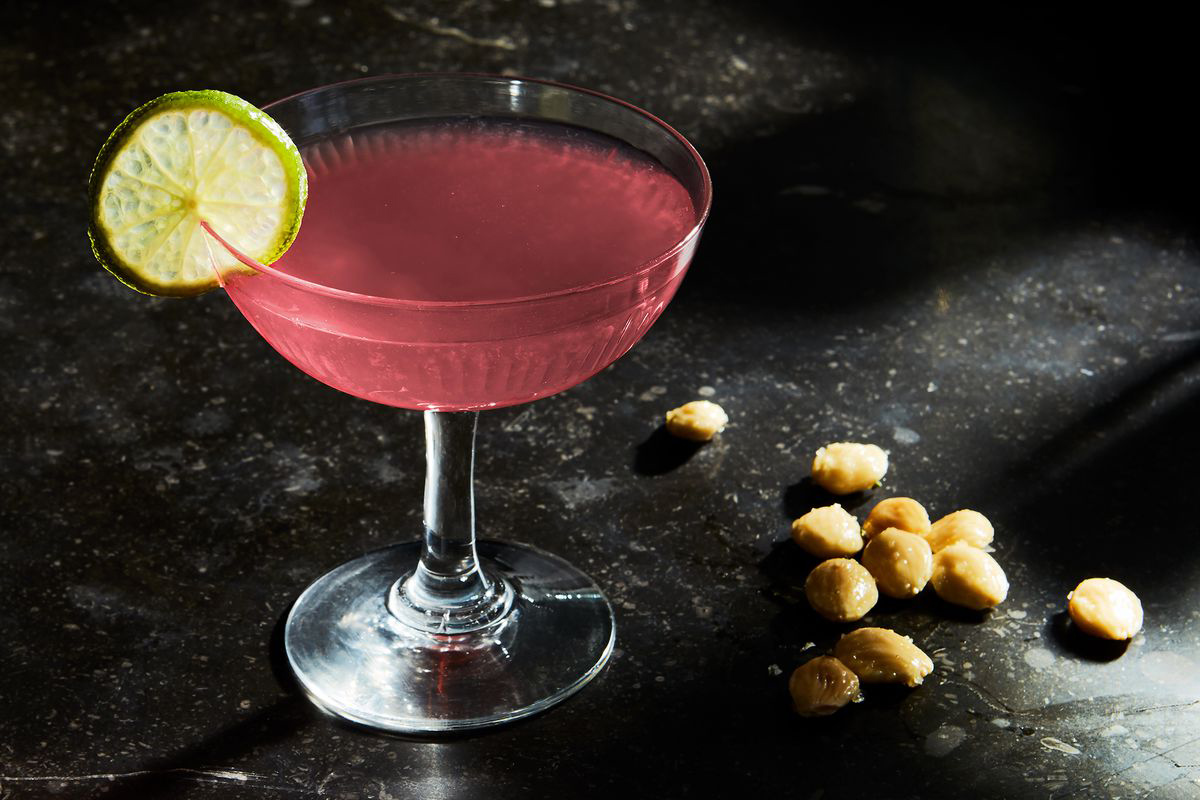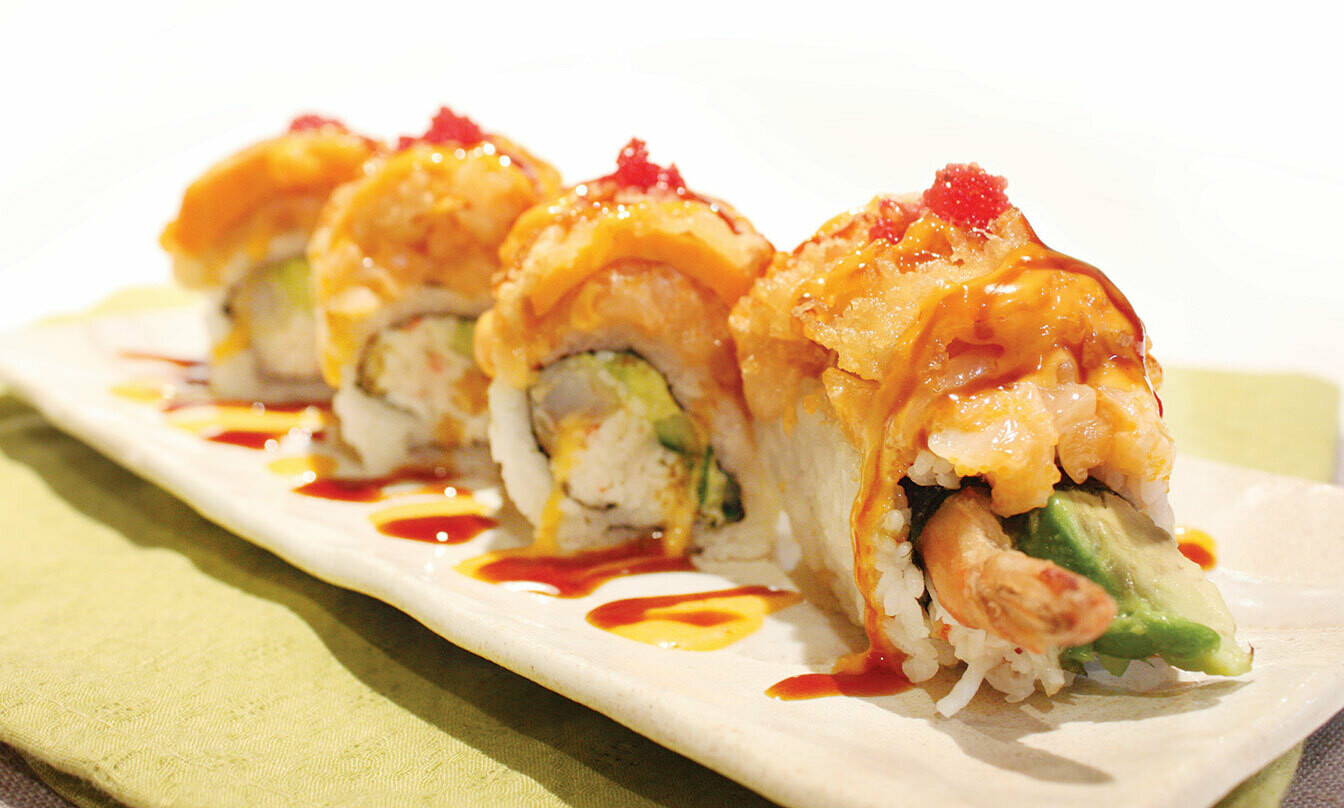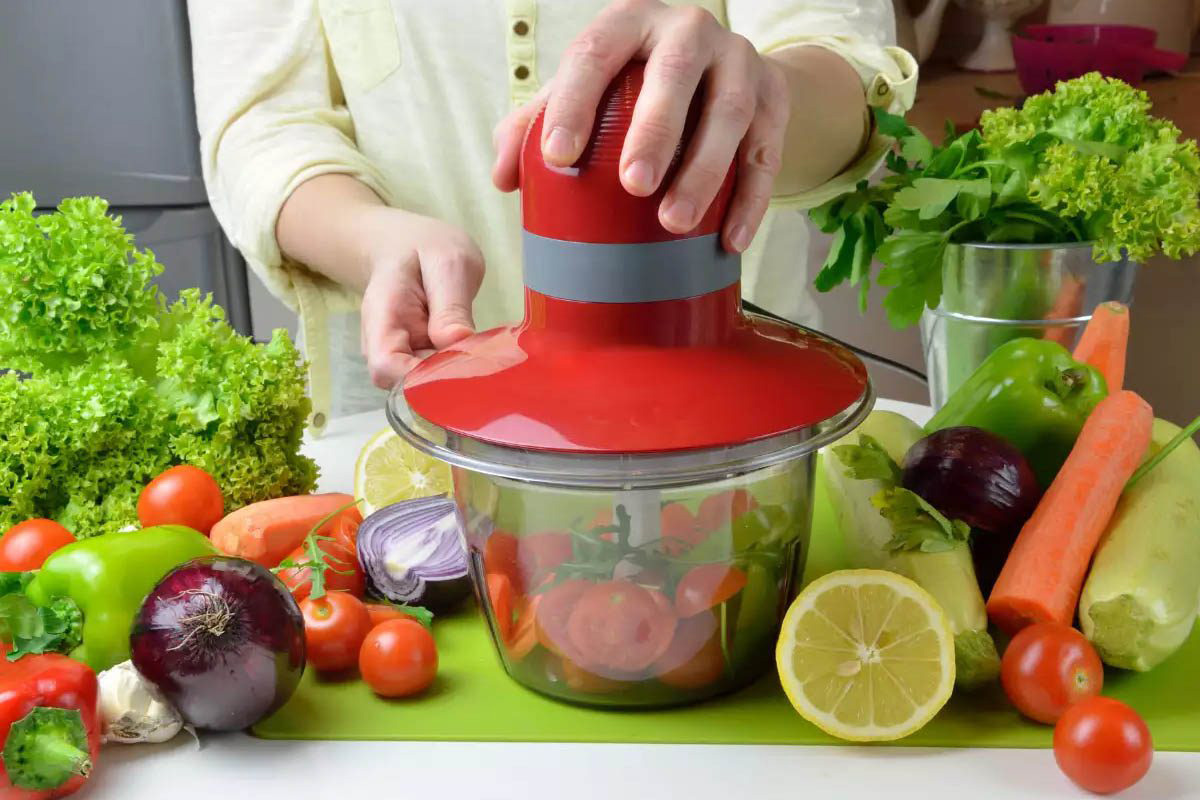When it comes to unique and flavorful ingredients, nduja paste is a standout. This spicy, spreadable pork salumi hails from the Calabria region of Italy and has been gaining popularity in the culinary world. But what exactly is nduja paste, and how is it used in cooking? Let's dive into the world of this delicious and versatile ingredient.
What is Nduja Paste?
Nduja (pronounced en-DOO-ya) is a soft, fiery-red paste made from finely ground pork, Calabrian chili peppers, and a mixture of spices. The mixture is then aged for several months, resulting in a spreadable, intensely flavored product. The heat level can vary, but it's generally known for its spicy kick, making it a favorite among those who enjoy bold flavors.
How is Nduja Paste Made?
The process of making nduja paste begins with selecting the finest cuts of pork, which are ground and mixed with Calabrian chili peppers, salt, and a variety of spices such as fennel seeds and sweet or hot paprika. The mixture is then stuffed into casings and left to ferment and age for a few months. This aging process allows the flavors to develop and intensify, resulting in the signature taste and texture of nduja paste.
Culinary Uses of Nduja Paste
Nduja paste is incredibly versatile and can be used in a variety of culinary applications. Here are some popular ways to enjoy this flavorful ingredient:
-
Spreading: Nduja paste is often spread on crusty bread or crackers as a spicy and savory appetizer. Its spreadable consistency makes it easy to use as a condiment.
-
Cooking: It can be used as a flavor base for sauces, soups, and stews, adding depth and heat to the dish. It can also be mixed into pasta sauces, risottos, and even used as a pizza topping for a spicy kick.
-
Marinades: Nduja paste can be used as a marinade for meats, adding a rich, spicy flavor to grilled or roasted dishes.
-
Dips and Spreads: It can be mixed into mayonnaise or cream cheese to create a spicy dip or spread for vegetables or crackers.
Where to Find Nduja Paste
Nduja paste can be found in specialty food stores, Italian markets, and online retailers. When purchasing nduja paste, look for high-quality, artisanal products for the best flavor and authenticity.
In Conclusion
Nduja paste is a unique and flavorful ingredient that adds a spicy kick to a variety of dishes. Its versatility and intense flavor make it a favorite among chefs and home cooks alike. Whether spread on bread, used as a cooking base, or incorporated into dips and spreads, nduja paste is a must-try for anyone who enjoys bold and fiery flavors in their culinary creations.
Was this page helpful?
Read Next: What Is Papas Con Chile
